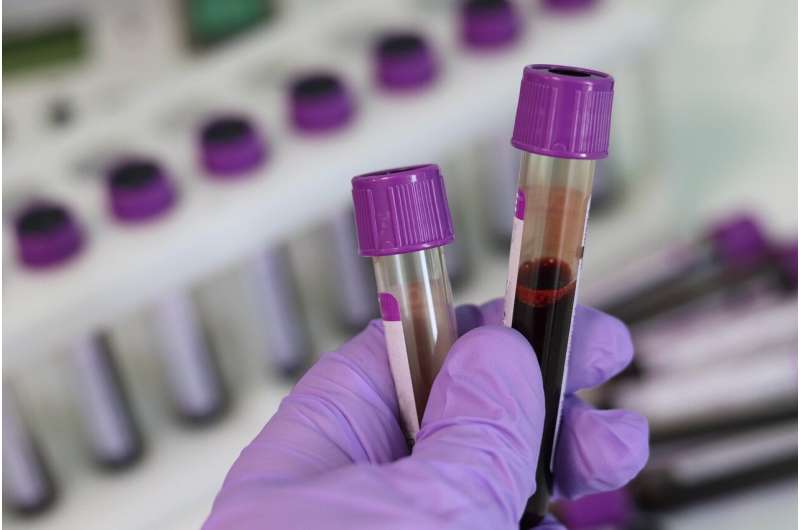Why Ignoring Cholesterol in Youth Is a Dangerous Misconception

Early management of cholesterol levels is crucial for preventing heart disease and stroke later in life. Learn why young adults should not ignore cholesterol risks and the benefits of early screening and healthy lifestyle choices.
Many young adults believe that cholesterol isn't a concern until middle age, but emerging research highlights the risks of this misconception. The idea that cholesterol management can be deferred until later years neglects the fact that atherosclerosis, a buildup of plaque inside the arteries, can begin in childhood and adolescence. Unhealthy cholesterol levels over years or decades significantly increase the risk of heart disease, stroke, and other cardiovascular problems later in life.
Heather Bowers’s story exemplifies this danger. She first encountered her cholesterol levels at a college health fair in her 20s. Dismissing the numbers because she was young, she believed it wouldn't impact her health soon. However, at 39, she suffered a stroke—an event that could have potentially been prevented with earlier intervention. Her experience underscores the importance of early and regular screening, as well as proactive management of cholesterol levels.
Cholesterol is a waxy substance produced by the liver and essential for building cells and hormones. While dietary sources of cholesterol are not the sole contributors to blood cholesterol levels, high intake of saturated and trans fats from foods like red meats and high-fat dairy can elevate blood cholesterol, particularly LDL or 'bad' cholesterol. Elevated LDL levels are linked to increased risk of plaque buildup in arteries, leading to cardiovascular diseases.
Medical experts advocate for early screening, including pediatric assessments starting between age 9-11, with subsequent checks into adulthood. Blood tests measuring total cholesterol, LDL, HDL, and triglycerides help determine individual risk. Notably, even young adults with elevated LDL levels—who might not yet show symptoms—are at risk of developing serious cardiac issues in middle age.
Understanding your cholesterol numbers and your family history is crucial. Many risks are inherited, with genes influencing levels of lipoprotein(a) and other markers. Lifestyle modifications such as a heart-healthy diet, regular exercise, and possibly medication like statins can effectively reduce risks. Awareness and early intervention save lives.
The takeaway is clear: delaying cholesterol management until middle age is a risky gamble. Early action, including consistent screening and healthy lifestyle choices, can significantly mitigate the risk of developing life-threatening cardiovascular conditions later in life. Taking control of your cholesterol from a young age is investing in long-term heart health.
Source: https://medicalxpress.com/news/2025-10-cholesterol-middle-age-bad-idea.html
Stay Updated with Mia's Feed
Get the latest health & wellness insights delivered straight to your inbox.
Related Articles
Research Reveals Sleeping Brain's Sensitivity to Urgent and Harsh Sounds
New research reveals that the sleeping brain remains alert to harsh and urgent sounds, like alarms and screams, affecting sleep quality and brain health. Discover how these sounds trigger specific brain responses and their implications.
Lyssavirus Infection from Bat Bites: Risks and Prevention
Learn about the rare but deadly lyssavirus transmitted from bats, how it affects humans, and the essential prevention and treatment strategies to stay safe.
Unraveling the Role of DISC1 Protein in Schizophrenia and Mental Disorders
New studies highlight the crucial role of the DISC1 protein in mental health, revealing how its misfolding and aggregation may contribute to schizophrenia and other psychiatric disorders. Emerging therapies aim to prevent this protein malfunction, paving the way for targeted treatments.
New Research Suggests Omega-3 Fats Might Increase Certain Inflammatory Markers
Emerging research indicates that omega-3 fatty acids, commonly believed to reduce inflammation, may actually elevate certain inflammatory markers, highlighting the complex relationship between dietary fats and health.



